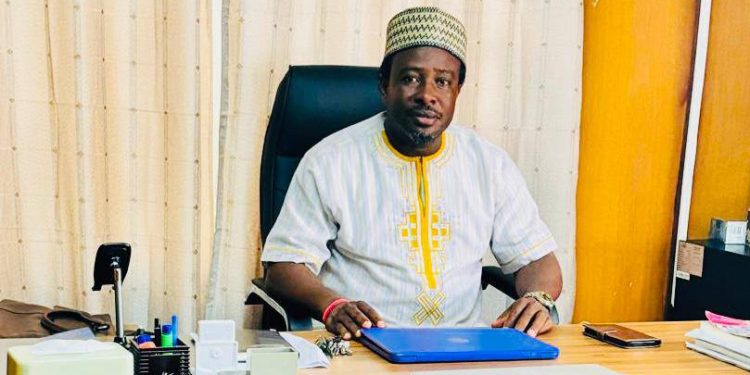By Hassan Osman Kargbo
A senior member of the All People’s Congress (APC) Publicity Secretariat, Comrade Minkailu Koroma, strongly opposed the proposed Governance of Inclusion/Power-Sharing Bill currently being championed by President Julius Maada Bio’s administration.
The legislation, which seeks to restructure the governance framework to accommodate power-sharing, is expected to be presented in Parliament soon. Already, it has triggered heated debate across the political spectrum.
Speaking on SLIK TV, Minkailu Pa Yamba Koroma accused the ruling Sierra Leone People’s Party (SLPP) of attempting to manipulate the political system under the pretext of inclusivity.
“The people of Sierra Leone have had the opportunity to assess both the APC and SLPP in government, and they know who delivers better. This bill is a clear indication that the SLPP fears losing the next election,” he stated.
Koroma maintained that while the APC does not fear a power-sharing arrangement, such a system of governance would ultimately deprive citizens of their democratic right to proper representation. He argued that the country is already witnessing weakened representation under the Proportional Representation (PR) parliamentary system, and extending such an arrangement to the Presidency would be both undemocratic and dangerous.
“This is not about fear; it is about fairness. What this bill does is erode the voice of the people. If representation is watered down in Parliament, and now they want to scale that up to the presidency, where does it stop?” he questioned.
The APC stalwart also expressed concern that the bill could institutionalize coalition governance, which he described as inherently unstable and counterproductive.
“Coalition governments can be dysfunctional and compromise effective leadership. Sierra Leone needs strong, accountable governance, not a diluted system that blurs responsibility,” he warned.
Koroma further criticized the timing of the proposal, suggesting it was not born out of a genuine desire for inclusivity but rather desperation as elections approach. He argued that if the SLPP was truly committed to inclusive governance, such reforms would have been introduced at the beginning of its tenure, not at the brink of an electoral defeat. “If inclusion was genuinely their aim, why wait until now? Instead, they are dismissing public officials and pushing last-minute legislative changes. This is a desperate attempt to secure political survival,” he emphasized.
In his concluding remarks, Koroma accused the SLPP of preparing for electoral defeat while trying to maintain influence in governance from the opposition.
“They know the people are ready for change. This proposal is a backdoor attempt to keep enjoying the benefits of power even after being rejected at the polls,” he declared.
As the country awaits the formal tabling of the bill in Parliament, the debate over its merits and demerits continues to intensify. For the APC, the proposed legislation represents a dangerous erosion of democratic accountability. For the SLPP, it may well be pitched as a strategy for inclusivity and stability in governance.
Whichever way it unfolds, Sierra Leone’s political future faces a critical test in the weeks ahead.











